Spend enough time on the road these days and you’ll quickly discover there are a lot of tribute trucks rolling down the highway. Each of them brings attention to a worthy group, from service men and women to cancer survivors and various other honorable causes.
Randy Rogers, who’s driven on and off since 1999 and full-time since 2016, was always struck by the various rigs that he saw on his runs. But he also noticed one group that was conspicuously absent: firefighters.
“I have a friend who has a 9/11 truck. I’ve seen other mass casualty references. I thought, ‘Nobody is taking care of our firefighters, and I want to remember all of them,’” said Rogers, a driver for Neosho, Missouri-based Certified Express Inc.
The lack of a truck honoring fallen firefighters was no casual observance on Rogers’ part. Prior to his life on the road, he served 16 years as a firefighter, first in the wild lands of Oregon and years later in small-town and urban settings in Missouri. Firefighting is also a family affair — Rogers’ wife Elizabeth served as president of the local auxiliary for eight years, raising funds for families in need.
“I lied to get on my first fire because I wasn’t old enough; I was almost 16,” he said. “I was young and dumb and thought I was going to save the world. I was God’s right-hand man and thought everyone was going to live. I grew up and grew wiser, and learned I wasn’t God’s right-hand man; I wasn’t going to be able to save everybody.”
That reality included his fellow brothers in arms. During his firefighting career, Rogers lived through the demise of three colleagues, and attended the funerals of many more fallen first responders. Each experience of loss clings to him like soot.
“I cannot explain the loss of a fellow firefighter or police officer, and I’ve experienced both,” he said. “It’s unexplainable; I never shed a tear when I lost my mother, but I can’t stand losing a firefighter. I can’t explain it.”
On the highway, Rogers had plenty of time to think about what a memorial truck to fallen firefighters could look like, and with a background in graphic design, he was able to refine those ideas into a bold color scheme for a truck he calls “Memorial Run.”
“Now, I’m not disrespecting any other truck out there — thank God for what they do — but there’s trucks out there where there’s so much (information) on the truck that, in passing, you don’t know what the moral of the story is,” he said. “That serves no purpose. I wanted someone to look at my truck doing 70 miles per hour and know what it is.”
Rogers might have had the idea and the design, but what he lacked was an actual rig and the means to bring it to life. That all changed one day when he screwed down the courage to approach CEI’s CEO Scott Wade.
“I had this idea for months,” he said. “A fellow driver is the father of one of my fallen fellow firefighters, and he’s the one that brought me back into driving again. I pitched this idea to him, and he said, ‘Just go to Scott.’”
As it turned out, Wade had been considering wrapping a truck but had ideas for other causes. Rogers recalls being “about 14 seconds” into his vision for Memorial Run before the boss had heard enough.
“He said, ‘You put together a design and shoot it to me.’ I sent it to him that afternoon and was scared to death to open his email response,” Rogers recalled. “Finally, I did, and he said, ‘I frickin’ love it.’
“Scott has been behind this 1,000 percent,” Rogers continued. “He gets to our funerals, parades, he puts his money where his mouth is. I almost feel guilty because he’s done so much for me on this.”
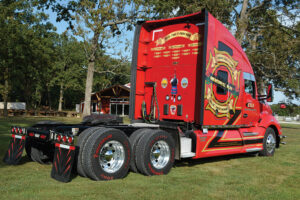
Memorial Run I hit the road in April 2018 and, over the next two years, turned heads as it traveled throughout the lower 48. After two years on the road, the engine blew, paving the way for Memorial Run II, which rolled out in August 2020. This new incarnation of Memorial Run sports the same Maltese Cross, reflective detailing and the honored fallen listed on the memorial wall behind the cab. At present, the wall includes 13 gold ribbons and three mass casualties.
Rogers said there’s no formal process for adding to the wall; names and stories reach him and some “just feel like they should be there.” He hopes the mere existence of the truck, designed to honor all, brings pride and joy to everyone who sees it. So far, that’s exactly what it has done.
“I have two taglines. One is simply ‘… because we can’t forget,’ and I think we’ve accomplished the mission,” he said. “Are we done? No, not even close. I’m planning soon to get a matching trailer to go with the truck. I’m considering reaching out through my social media to market smaller gold ribbons for people, that would go on the trailer, and I think we can fit about 400 six-inch gold ribbons on it. I really want to get this done, but I need to learn to slow down. The good Lord is trying to teach me how.”
Rogers hopes others will share his passion for honoring fallen first responders.
“I want people to remember those dead firemen. I don’t care if you remember a name on our truck, just remember our guys go to work every day and sometimes they don’t come home,” he said. “I’ve been stopped and photographed by people. One guy followed my truck for 80 miles to take a photo. People have told me they saw my truck, and now every time they see a red truck, they think about mine. That’s the whole point.”
Dwain Hebda is a freelance journalist, author, editor and storyteller in Little Rock, Arkansas. In addition to The Trucker, his work appears in more than 35 publications across multiple states each year. Hebda’s writing has been awarded by the Society of Professional Journalists and a Finalist in Best Of Arkansas rankings by AY Magazine. He is president of Ya!Mule Wordsmiths, which provides editorial services to publications and companies.

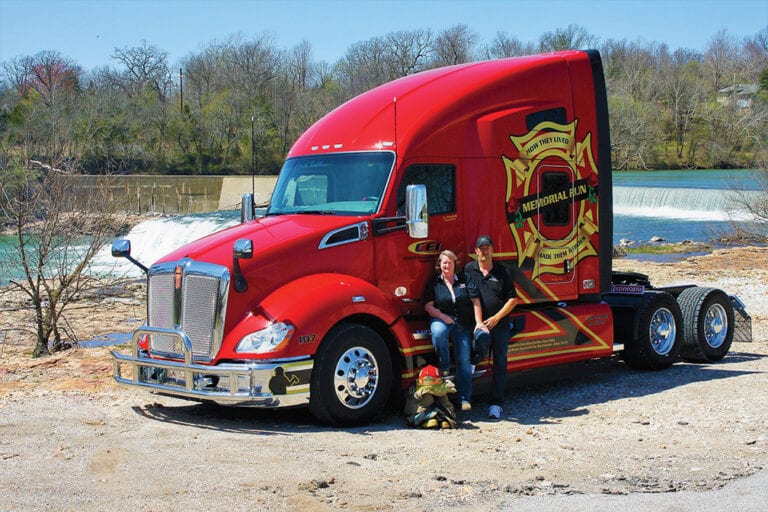
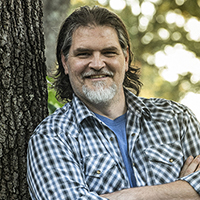
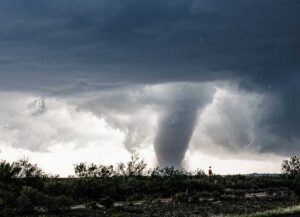
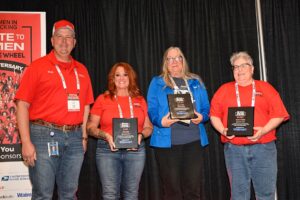


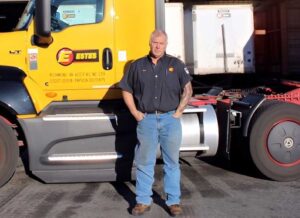

My father was a firefighter and I was a truck driver. I love to see this truck. It touches my heart.